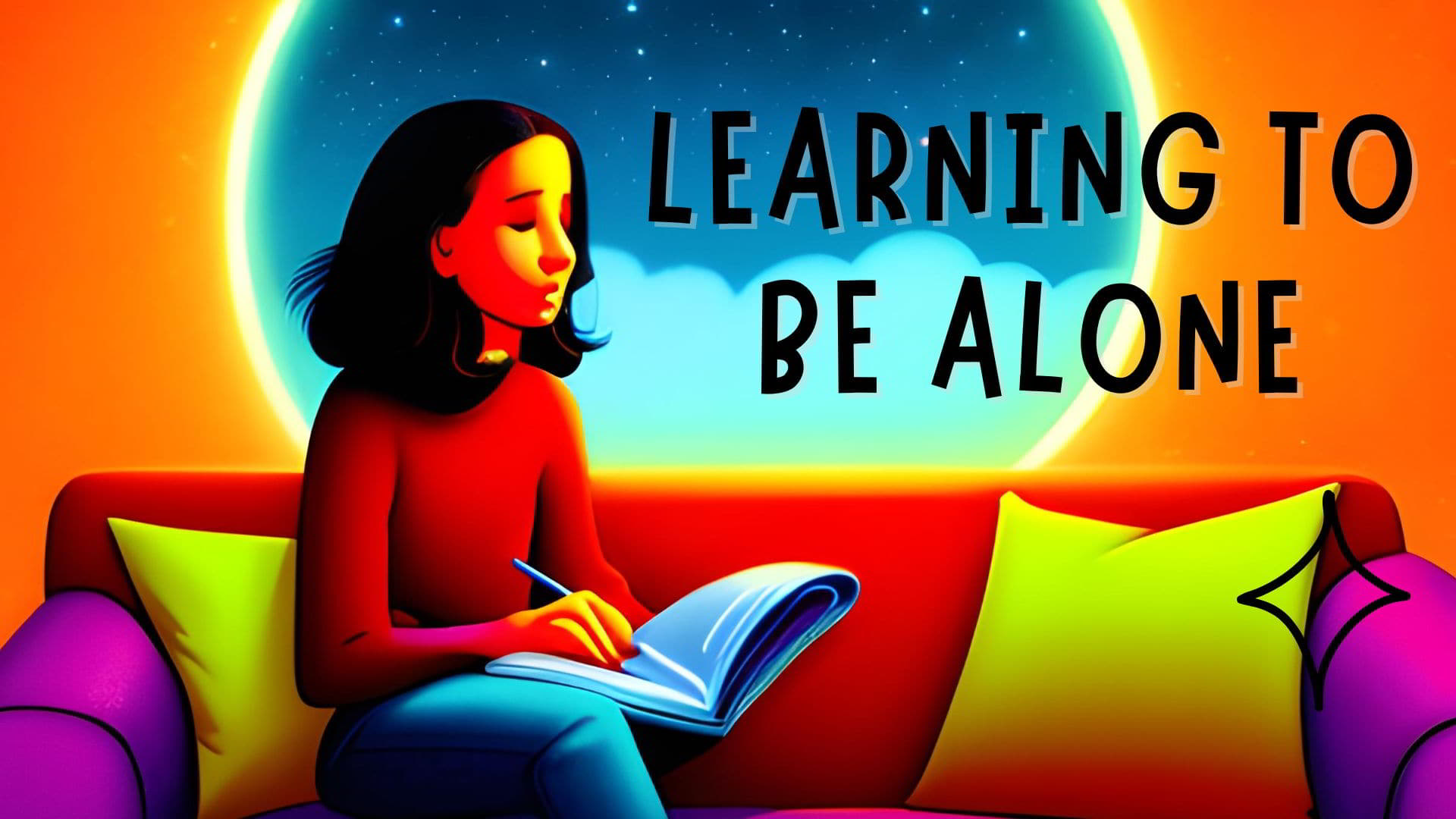Being alone can be a daunting prospect, especially if you’re used to being surrounded by people. But it’s also an opportunity to learn more about yourself, your interests, and your values.
Whether you’re starting a new chapter in your life or just need some time to yourself, here are some tips on how to learn to be alone and what to do if you’re new to being on your own.
How do we end up on our own?
There are many reasons how we can end up being on our own. While most people will think of a break up when they hear the word “I’m alone”, stepping out on your own, voluntarily or otherwise, happens a lot during our lifetime.
While the break-up is one of them, it could be you’re moving from a shared house into your own space for the first time. Perhaps you’re moving area or even country, where you won’t have your close contacts physically near you anymore.
Whatever the reason, being on your own does not mean the end! For many of us, like myself, it’s been a great way of exploring myself, work, and the world, and a way to build my life exactly the way I’d like it.
So where do you start when you’re new to being alone or on your own?

Start Small
Learning to be alone can be overwhelming, so if you have time to prepare it can help to start by setting aside some alone time each day. This could be as simple as taking a walk by yourself or spending an hour reading a book.
Embrace Your Interests
Use your alone time to explore your interests and hobbies. Maybe you’ve always wanted to learn how to play an instrument, or perhaps you enjoy writing or painting. Whatever it is, give yourself the time and space to dive into it.
Get Out of Your Comfort Zone
Being alone can be uncomfortable, but it’s also an opportunity to push yourself out of your comfort zone. Try going to a concert or restaurant by yourself, or take a trip to a new city. Just because your friends or loved ones aren’t available doesn’t mean you can’t go out, take yourself out on a solo-date!

Practice Self-Care
Being alone can also be a time for self-reflection and self-care. Make sure you’re taking care of yourself physically, mentally, and emotionally, whether that means getting enough sleep, eating healthy, or talking to a therapist.
Connect with Others
Just because you’re alone doesn’t mean you have to be lonely. Join a club or group that interests you, or reach out to old friends and family members. Having a support system can make all the difference.
The key to learning to be on your own isn’t that you have to do everything on your own, it’s that you don’t mind being alone. Socialise with your friends as little or as much as you need, to avoid turning alone into ‘lonely’.
Learning to be alone can be a process, but it’s also an opportunity for growth and self-discovery. By starting small, embracing your interests, getting out of your comfort zone, practicing self-care, and connecting with others, you can learn to be comfortable and even thrive in your alone time. Give it a try and see where it takes you!

